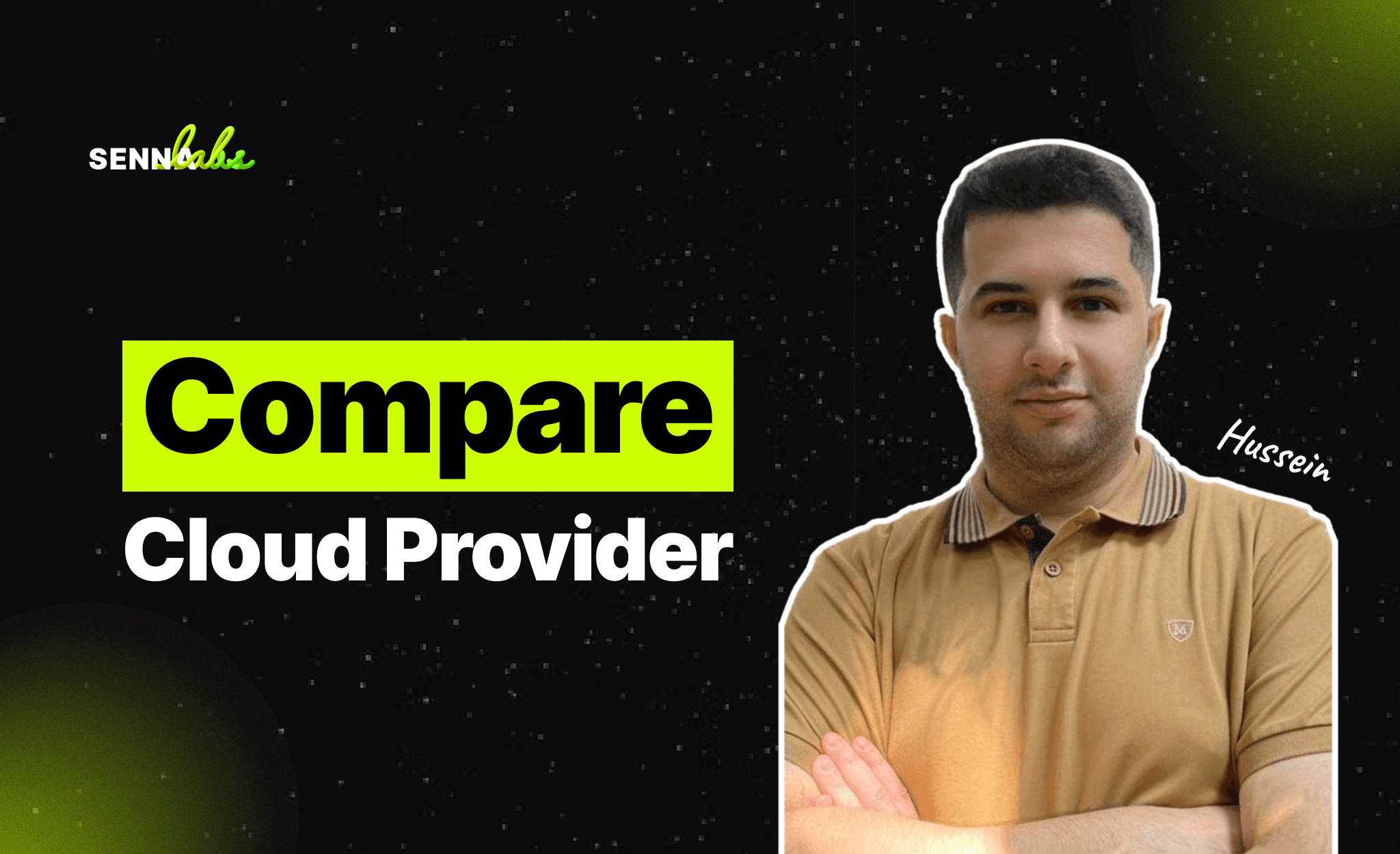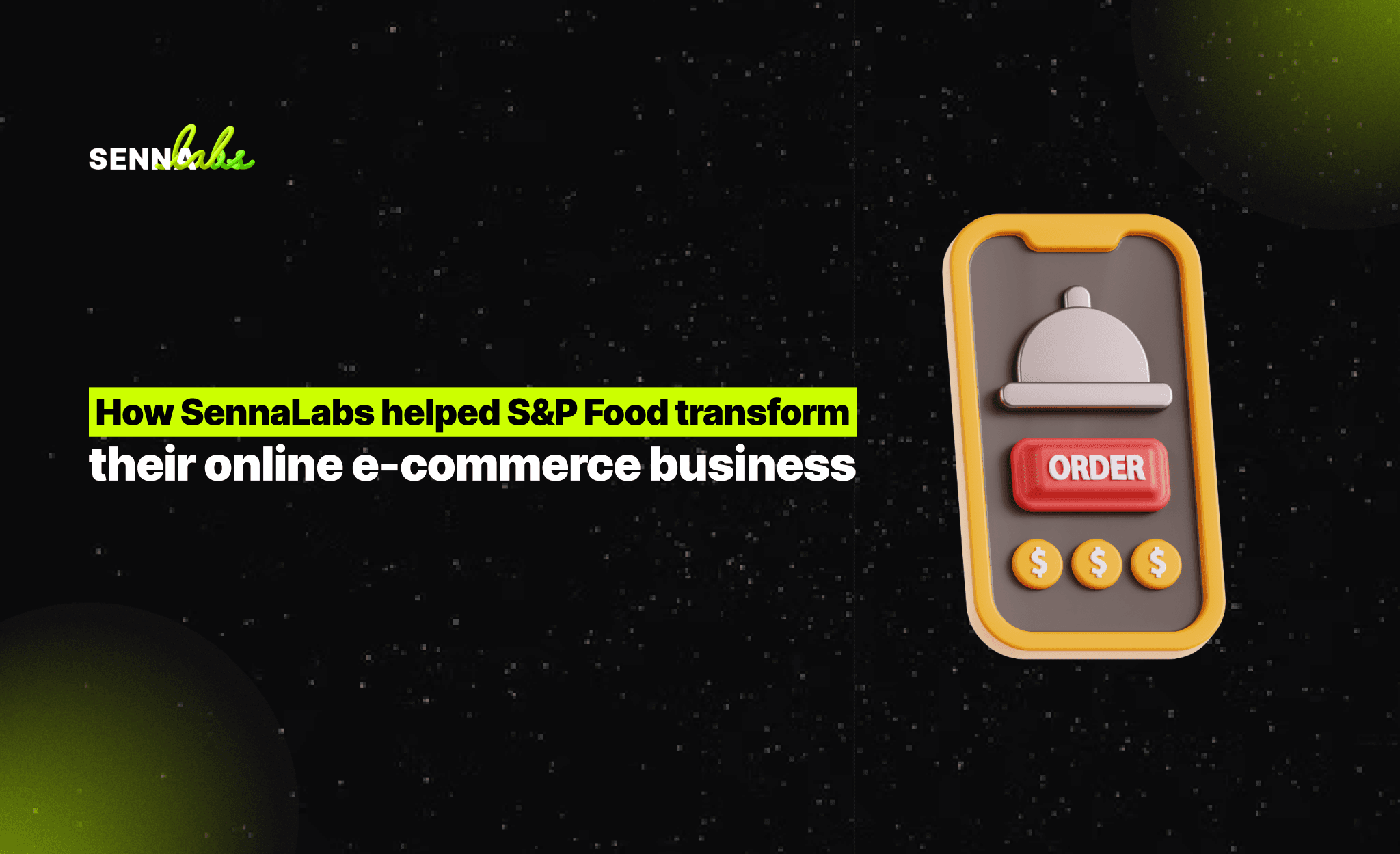Choosing the Right Cloud Provider: A Comprehensive Comparison for Businesses
Share

Cloud computing has revolutionized the way businesses operate, offering flexibility, scalability, and cost efficiency. However, with a multitude of cloud service providers (CSPs) available, selecting the right one can be a daunting task. This article aims to simplify that decision by providing an in-depth comparison of major CSPs, their strengths, weaknesses, pricing models, and suitability for different business needs.

The Titans of the Cloud:
-
Amazon Web Services (AWS): The undisputed leader in the cloud market, AWS boasts a vast array of services, from basic computing power and storage to advanced databases, analytics, and artificial intelligence (AI) tools. Its key strengths include a massive global infrastructure, unmatched scalability, and a comprehensive suite of developer tools.
-
Microsoft Azure: A strong competitor to AWS, Azure offers a similar breadth of cloud services. Its integration with Microsoft's existing products like Windows Server and Office 365 makes it an attractive option for businesses already using those tools. Azure is also known for its strong hybrid cloud capabilities.
-
Google Cloud Platform (GCP): GCP shines in the realm of big data, machine learning, and AI. Its powerful data analytics and AI capabilities, along with its commitment to open source, make it a top choice for data-driven businesses and developers.
-
Other Notable Players: While AWS, Azure, and GCP dominate the market, other CSPs like IBM Cloud, Oracle Cloud, and Alibaba Cloud offer compelling services for specific use cases. IBM Cloud is known for its focus on enterprise-grade solutions and its strong Watson AI platform. Oracle Cloud offers a robust suite of database and enterprise application services. Alibaba Cloud is a major player in the Asia-Pacific region, offering competitive pricing and specialized services for that market.
Key Factors to Consider:
-
Services: Determine the types of cloud services your business requires (IaaS, PaaS, SaaS). Each CSP has its strengths and weaknesses in different areas. Carefully evaluate the features and capabilities of each provider to ensure they meet your specific needs.
-
Scalability: Assess your business's growth potential and choose a CSP that can easily scale up or down to meet your evolving needs. Consider the provider's ability to handle sudden spikes in traffic or workload.
-
Pricing: Cloud pricing can be complex, with various models like pay-as-you-go, reserved instances, and spot instances. Understand the pricing structure of each CSP to avoid unexpected costs. Compare the pricing of different providers for the specific services you need.
-
Performance: Consider factors like network speed, data center locations, and service level agreements (SLAs) to ensure your applications run smoothly. Look for providers with a global network of data centers to minimize latency.
-
Security: Data security is paramount. Evaluate the security features and certifications of each CSP to safeguard your sensitive information. Look for providers that offer encryption, access controls, and compliance with industry standards.
-
Ease of Use: Some platforms are more user-friendly than others. Choose a CSP with an intuitive interface and robust documentation if your team has limited technical expertise. Consider the learning curve and the availability of training resources.
-
Support: Access to reliable customer support is crucial. Research each CSP's support options and response times. Look for providers that offer 24/7 support and have a good reputation for customer service.
Choosing the Right Fit:
-
Small Businesses: If you're a small business with limited resources, GCP, Alibaba Cloud, or other smaller providers may be attractive due to their competitive pricing and simpler offerings. Look for providers that offer free tiers or trials to get started.
-
Medium to Large Enterprises: AWS and Azure offer the most comprehensive services and scalability, making them a better fit for larger businesses with complex needs. Consider the provider's experience in your industry and their ability to handle large-scale deployments.
-
Specific Use Cases: If your business has specialized needs, such as running SAP applications or needing high-performance computing, look for providers that offer tailored solutions for those use cases.
Conclusion:
The choice of cloud provider depends on your unique business requirements, budget, and technical expertise. There is no one-size-fits-all solution. Take the time to thoroughly research and evaluate different CSPs based on the factors mentioned above. Consider conducting trials or proof-of-concept projects to experience the platforms firsthand. By carefully weighing your options, you can select the cloud provider that best aligns with your business goals and sets you on the path to success in the cloud.
Sources: https://www.openteams.com/top-challenges-in-cloud-optimization-and-how-to-overcome-them/

Share

Keep me postedto follow product news, latest in technology, solutions, and updates
Related articles
Explore all


